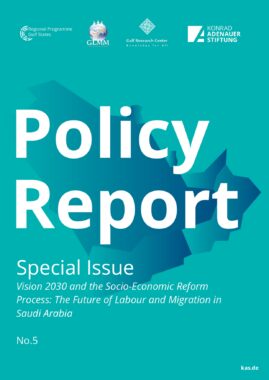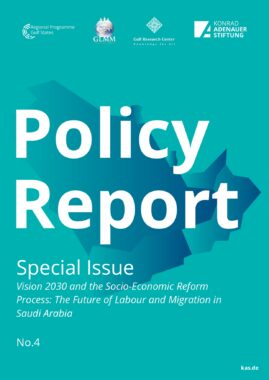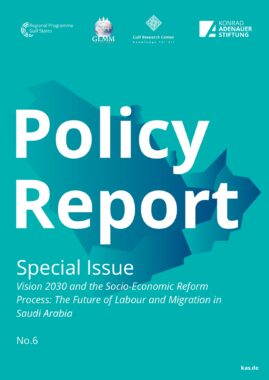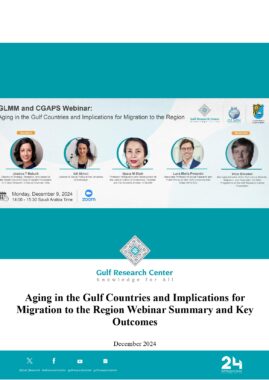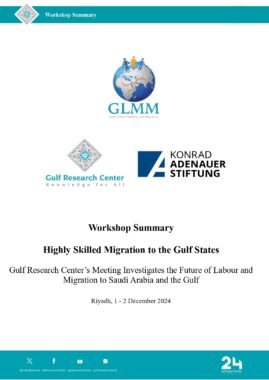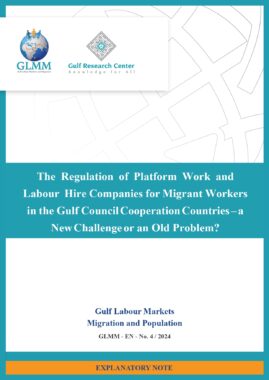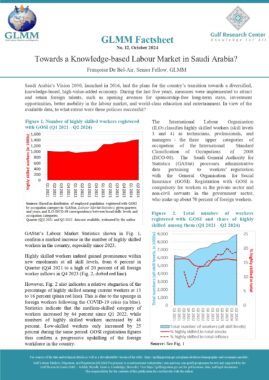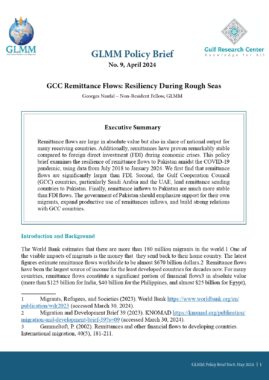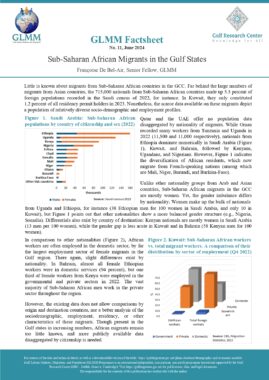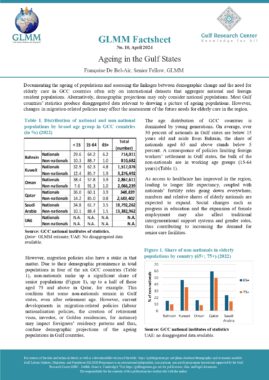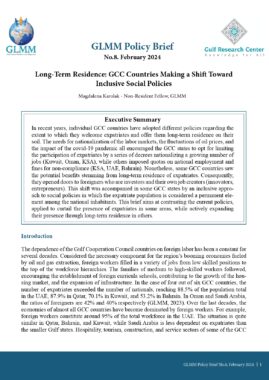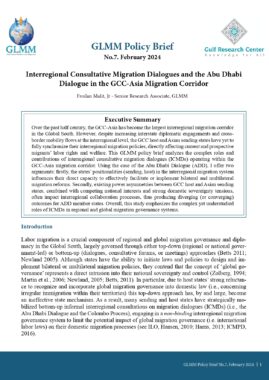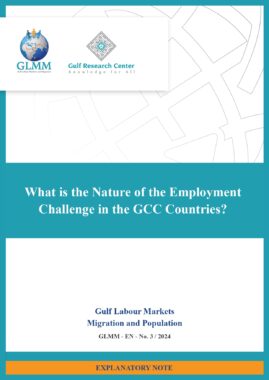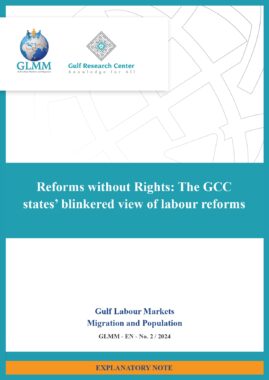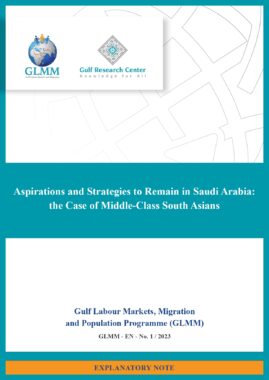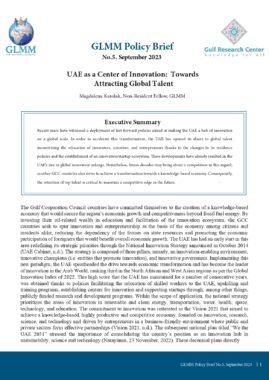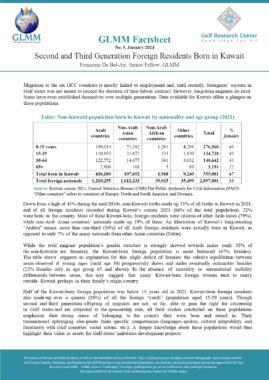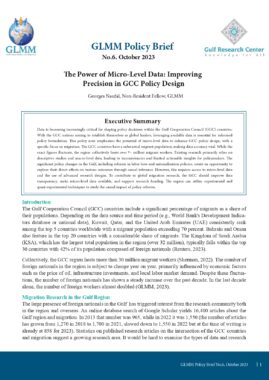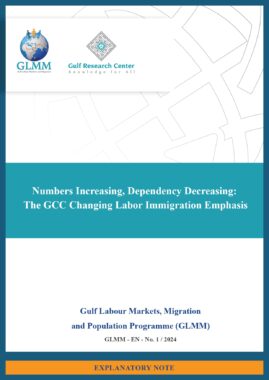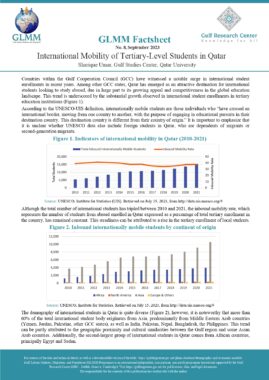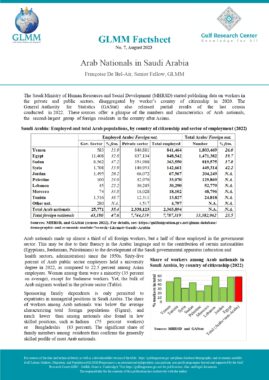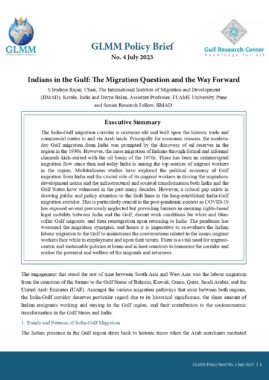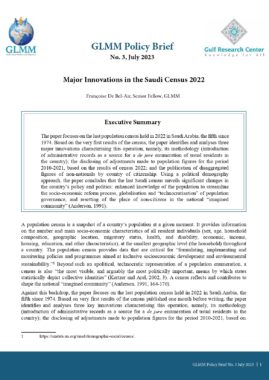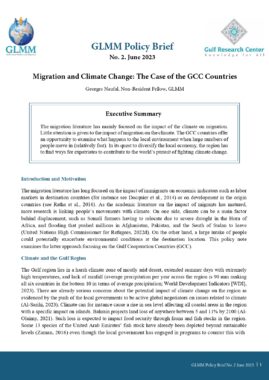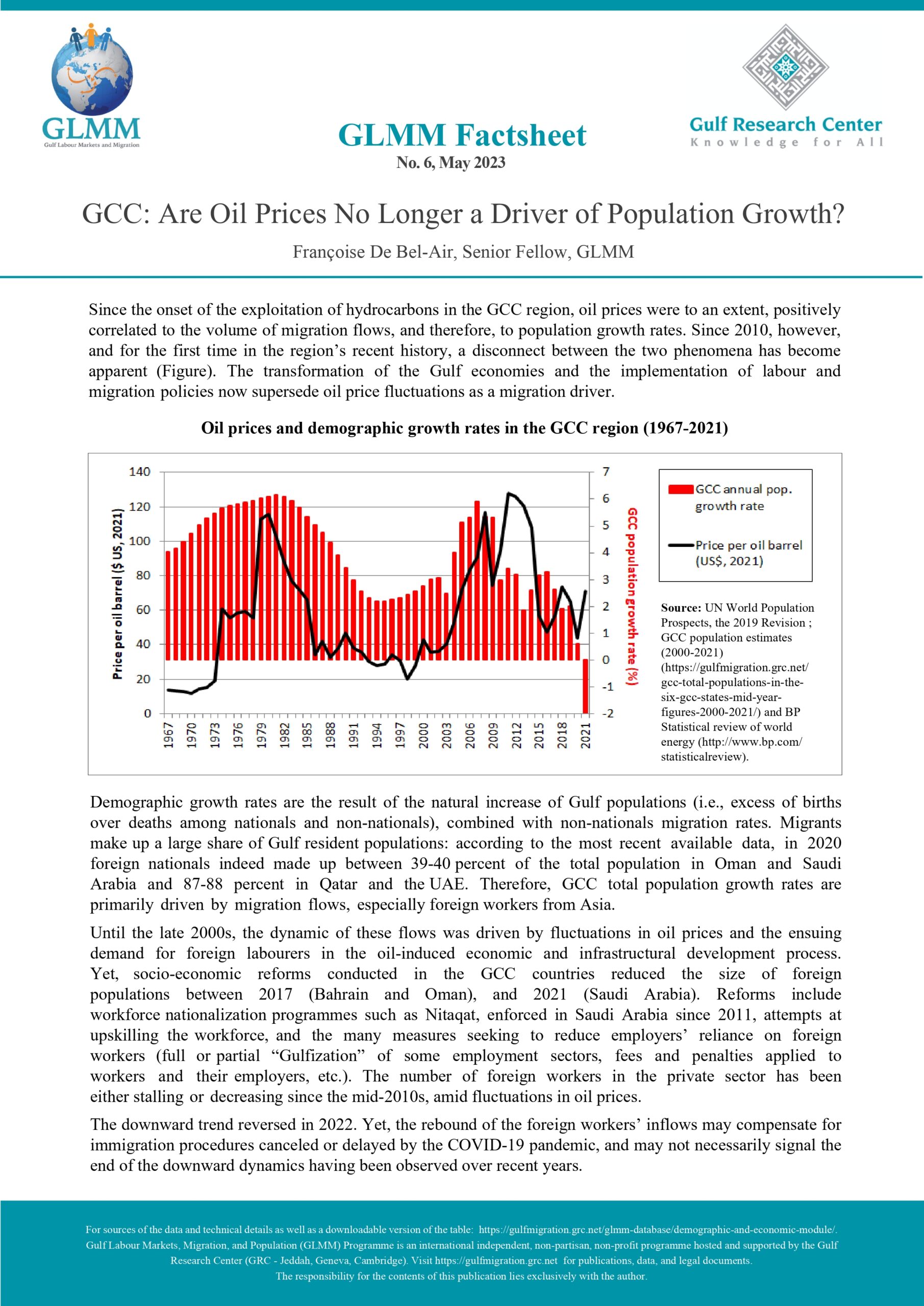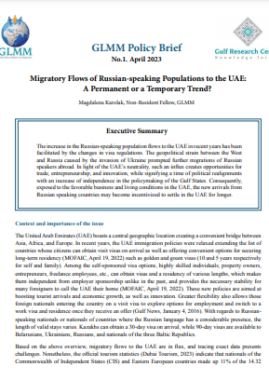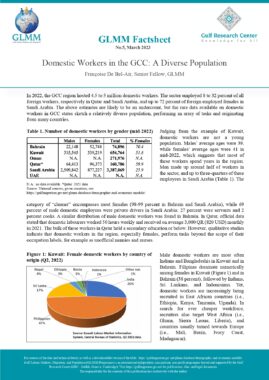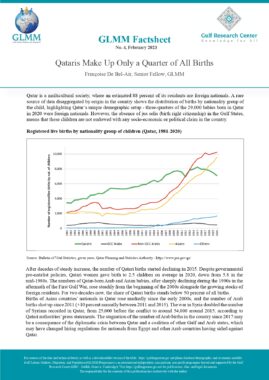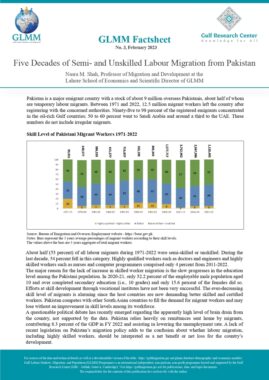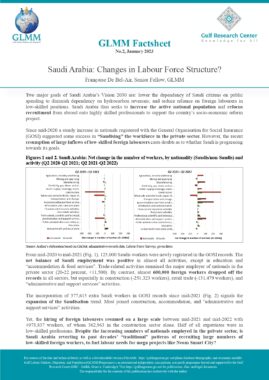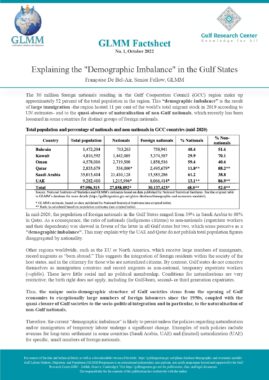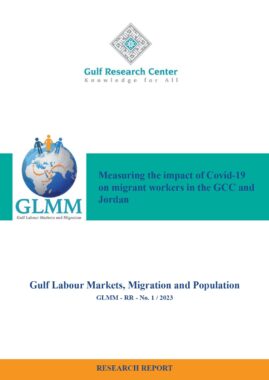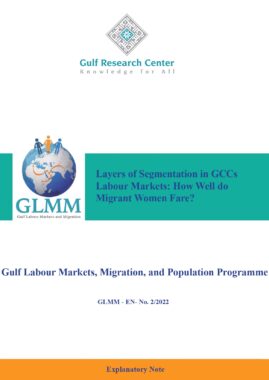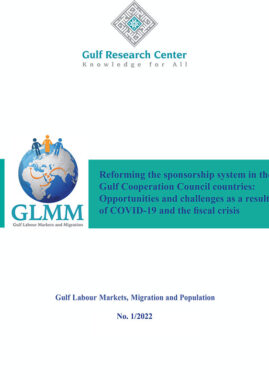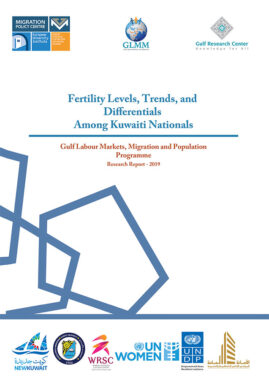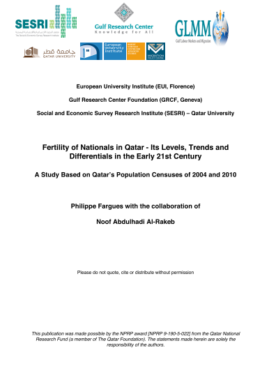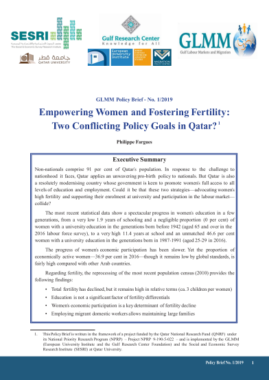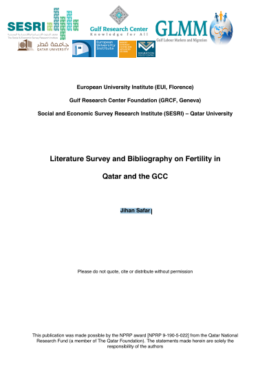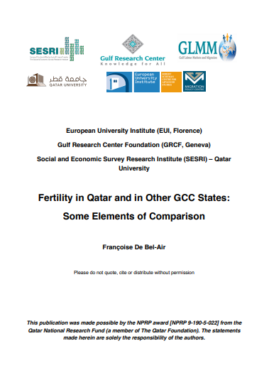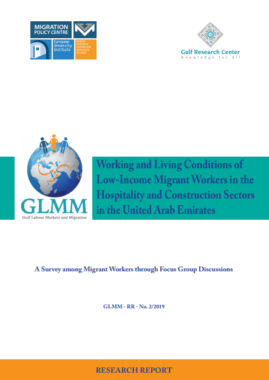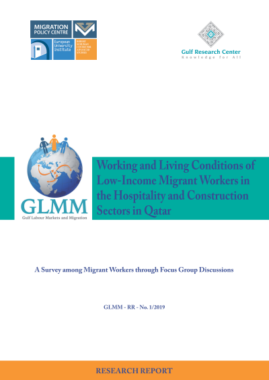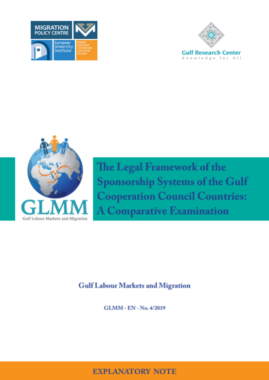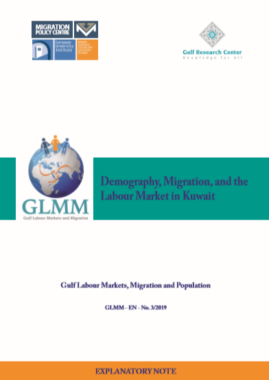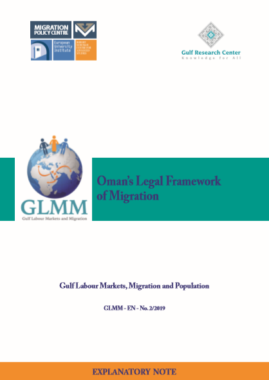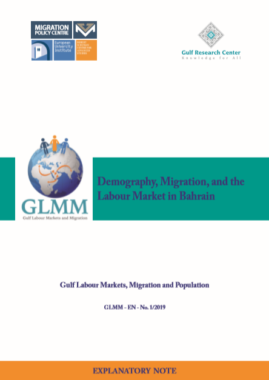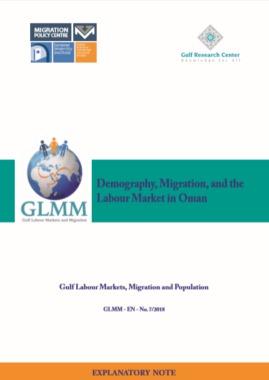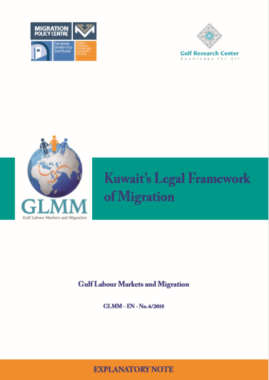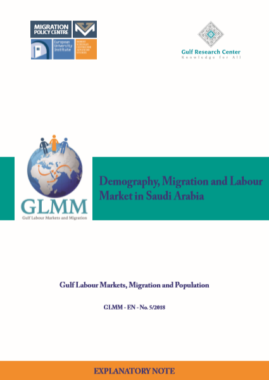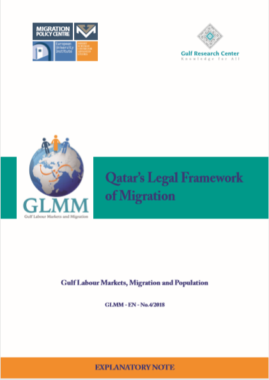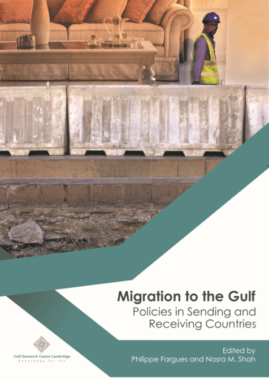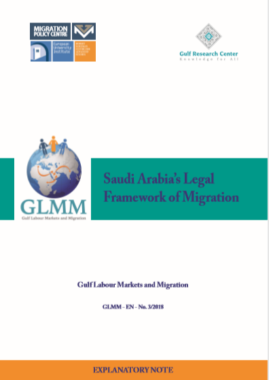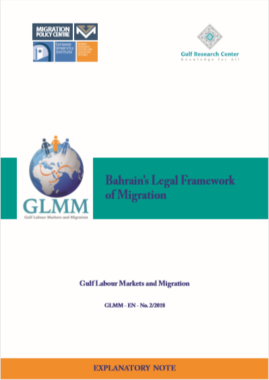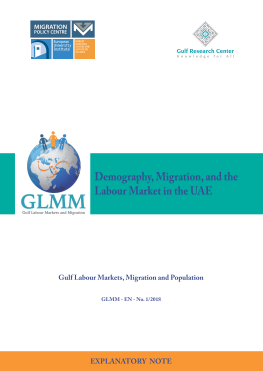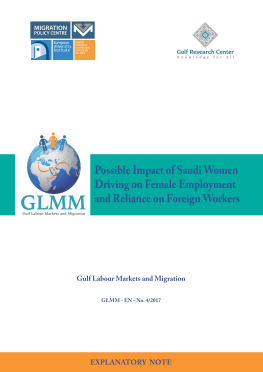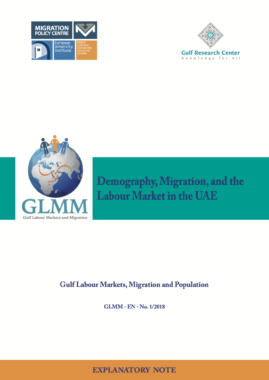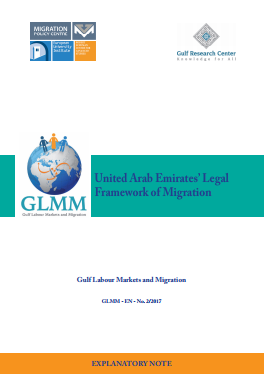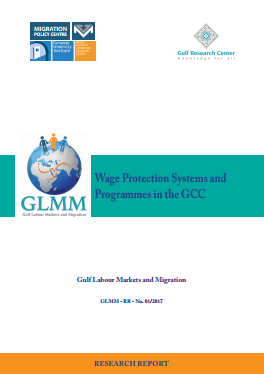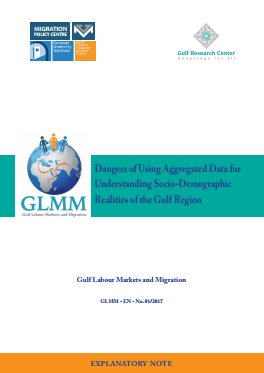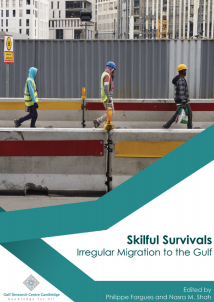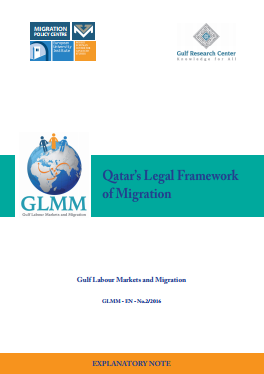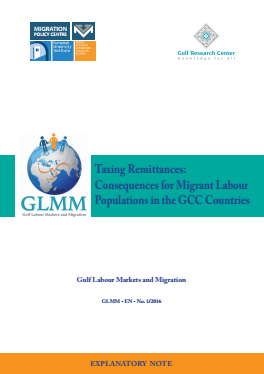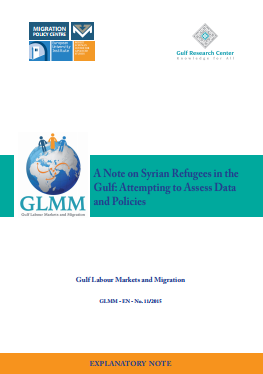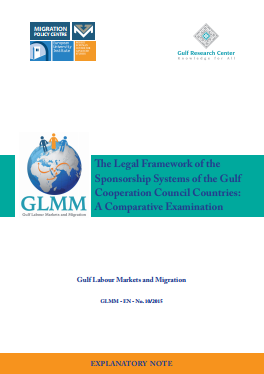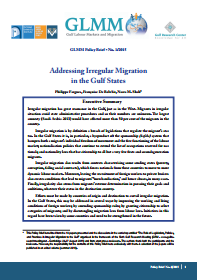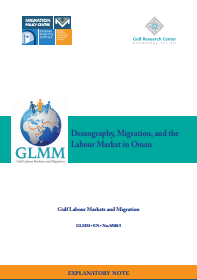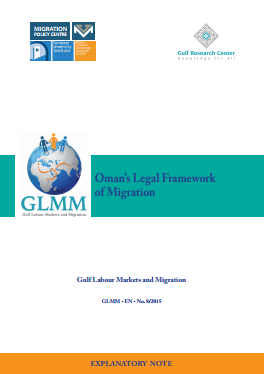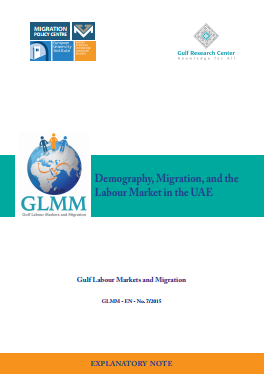Saudi Arabia: Sub-Saharan African population by country of citizenship and sex (census 2022)
|
|
Males |
Females |
Total |
|
Ethiopia |
44,200 |
115,100 |
159,300 |
|
Uganda |
8,200 |
119,800 |
128,000 |
|
Kenya |
10,900 |
80,900 |
91,800 |
|
Nigeria |
37,400 |
42,200 |
79,600 |
|
Eritrea |
22,200 |
25,100 |
47,300 |
|
Chad |
20,500 |
25,700 |
46,200 |
|
Somalia |
22,800 |
22,900 |
45,700 |
|
Mali |
18,900 |
19,500 |
38,400 |
|
Niger |
16,200 |
17,400 |
33,600 |
|
Ghana |
6,600 |
7,600 |
14,200 |
|
Burundi |
200 |
5,700 |
5,900 |
|
Burkina Faso |
2,700 |
2,400 |
5,100 |
|
South Africa |
2,300 |
2,500 |
4,800 |
|
Senegal |
2,100 |
700 |
2,800 |
|
Djibouti |
1,000 |
800 |
1,800 |
|
Guinea |
900 |
500 |
1,400 |
|
Cameroon |
700 |
700 |
1,400 |
|
Madagascar |
0 |
1,300 |
1,300 |
|
Tanzania |
900 |
300 |
1,200 |
|
Ivory Coast |
700 |
400 |
1,100 |
|
Gambia |
600 |
300 |
900 |
|
Benin |
400 |
100 |
500 |
|
Sierra Leone |
300 |
100 |
400 |
|
Zimbabwe |
200 |
100 |
300 |
|
Others |
2,000 |
500 |
2,500 |
|
Total |
222,900 |
492,600 |
715,500 |
Source: GAStat, Saudi Arabia census 2022
ANNEXED NOTE
1. Technical Notes and Definitions
GLMM’s retabulation and reformatting of census data in thousands in dashboard figure: “Non-Saudi population by nationality and gender” https://portal.saudicensus.sa/portal/public/1/18/41?type=DASHBOARD
Source of data: Saudi census 2022.
Date of reference: 10 May 2022
Population of reference: Families and individual citizens and residents within the Kingdom, regardless of the status of their identification documents. Visitors for Hajj, Umrah and tourism are excluded from the census.
Methodology:
The first phase of the 2020 census began on 3 February 2020 (enumeration of buildings and households). Census 2022 used geospatial data, including satellite images, electricity consumption and mobile phone data, to improve the accuracy and geographic coverage of address canvassing.
The second stage (“actual enumeration”) was due to start on the original reference date (17 March 2020), but was suspended by the outbreak of the COVID-19 crisis. This stage was conducted in October 2021.
The 2022 census used a combined methodology – administrative records, fieldwork and digital self-enumeration. Household data were collected from e-portals of self-enumeration (on residents’ mobile devices, laptops or personal computers, or self-enumeration stations/kiosks, located in shopping centers). The digital self-enumeration process was complemented by face-to-face interviews, using digital tablets.
Census 2022 used a de jure approach: enumerating people according to their usual place of residence.
Administrative data from multiple sources was used to cross-validate collected census data.
Census 2022 was designed as a launchpad for several new secure statistical data registers for population, housing, and businesses.
See census methodology in:
https://portal.saudicensus.sa/portal/public/methodology
Portal of the Saudi census:
https://portal.saudicensus.sa/portal
Population data for 2010-22 were revised and backcasted, based on 2022 population census and past years’ administrative data.
Technical note on backcasting:
2. Institution which provides data
General Authority for Statistics (GAStat)
3. Data availability
The data was retrieved from the Saudi census portal on GAStat website:
https://portal.saudicensus.sa/portal
“Population” section, then “dashboard” section
https://portal.saudicensus.sa/portal/public/1/18/41?type=DASHBOARD
Date of access: 21 May 2024.
GLMM and GRC cannot guarantee that the link to access the source will not change; that the information will not be removed from the website it was obtained from; that no geo-blockages will be imposed; or that the information will not be available for any another reason.
Keywords: Saudi Arabia, Foreign Population, Africa, Ethiopia, Uganda, Kenya, Nigeria, Eritrea, Chad, Somalia, Mali, Niger, Ghana, Burundi, Burkina Faso, South Africa, Senegal, Djibouti, Guinea, Cameroon, Madagascar, Tanzania, Ivory Coast, Gambia, Benin, Sierra Leone, Zimbabwe
Similar Posts:
- Saudi Arabia: Arab population by country of citizenship and sex (census 2022)
- Saudi Arabia: Saudi male population by age group (2010-2022) (data adjusted by census 2022)
- Saudi Arabia: Saudi female population by age group (2010-2022) (data adjusted by census 2022)
- Saudi Arabia: non-Saudi male population by age group (2010-2022) (data adjusted by census 2022)
- Saudi Arabia: non-Saudi female population by age group (2010-2022) (data adjusted by census 2022)
Tags: Africa, Benin, Burkina Faso, Burundi, Cameroon, Chad, Djibouti, Eritrea, Ethiopia, Foreign Population, Gambia, Ghana, Guinea, Ivory Coast, Kenya, Madagascar, Mali, Niger, Nigeria, Saudi Arabia, Senegal, Sierra Leone, Somalia, South Africa, Tanzania, Uganda, Zimbabwe
